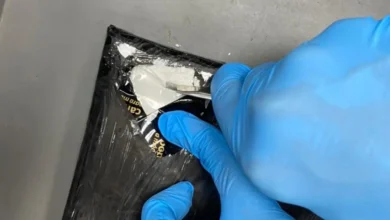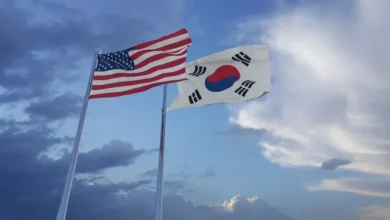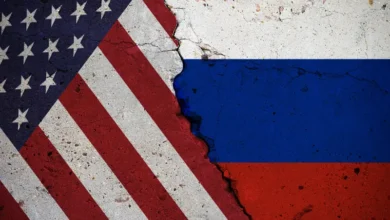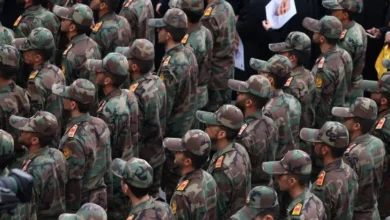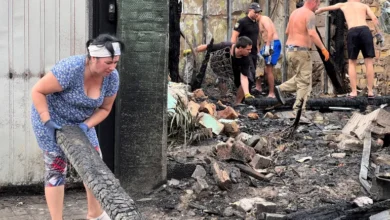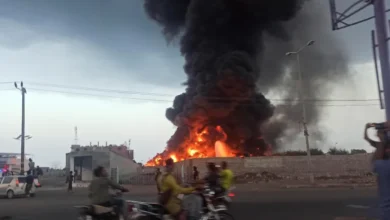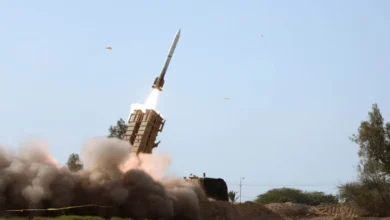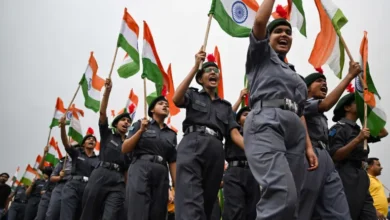What’s South Africa’s land law at the heart of the Trump-Ramaphosa spat?
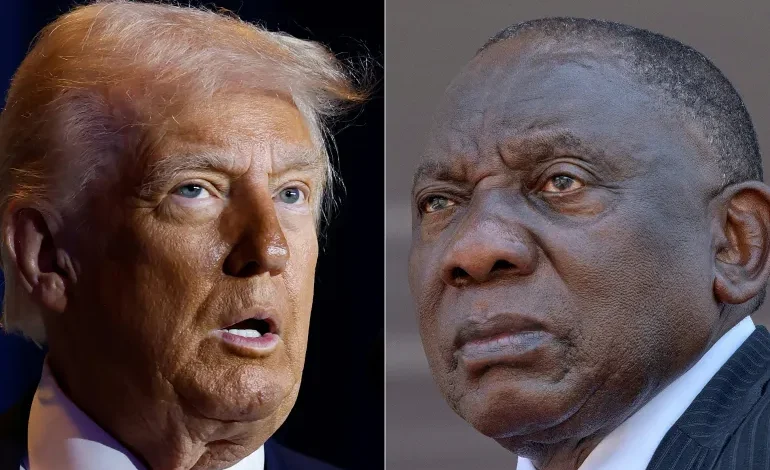
South Africa’s President Cyril Ramaphosa will meet United States President Donald Trump in the White House on Wednesday, in an attempt to reset deteriorating relations between the two countries.
A major topic of contention between the two leaders is South Africa’s recent passing of a land expropriation law, which Trump has denounced and said is tantamount to “persecution” of the country’s rich white minority.Last week, the first set of white South African “refugees” landed in the US as part of a larger relocation plan for the group under the Trump administration. The South African government has denied allegations of persecution or a “white genocide” in the country.What is the Expropriation Law?
President Ramaphosa signed the Expropriation Bill into law in January after months of debate in parliament due to opposition from the Democratic Alliance (DA) party, which is part of the coalition government.
The law allows the government to seize land from any private owner, white or otherwise, for public purposes and public interests, including infrastructure projects, public service expansion, environmental conservation, land reform, or equitable resource distribution purposes.
While the law spells out fair compensation, it also allows for seizure without compensation in certain instances.It replaces a 1975 Expropriation Act drafted under apartheid, and criticised for being legally unclear and having no clear compensation plans.
Some Afrikaner groups, however, say the new law could see their land confiscated, perhaps violently, and it could plunge property values. The DA, a former opposition party to Ramaphosa’s African National Congress (ANC), is largely seen as representing white and Afrikaner interests.White Afrikaners are descendants of mainly Dutch colonisers who, until 1990, controlled the country under an apartheid system that segregated and excluded the Black majority. Many of the most successful business leaders and farm owners in the country are still white.White South Africans also collectively own 70 percent of the country’s land, despite making up just 7 percent of the population.
More than half of the Black population, meanwhile, is categorised as poor. Only a minority of people have access to land. Ramaphosa’s government says the new law will help the government redistribute land to several categories of historically marginalised groups, such as Black people, women, and people with disabilities.
In a statement in February, Ramaphosa’s office said the law was not a “confiscation” tool, but a needed policy to help distribute wealth evenly. Confiscation implies land seizure as punishment.
“The recently adopted Expropriation Act is not a confiscation instrument, but a constitutionally mandated legal process that ensures public access to land in an equitable and just manner as guided by the Constitution,” the statement read.“South Africa, like the United States of America and other countries, has always had expropriation laws that balance the need for public usage of land and the protection of rights of property owners,” the office said.
By mid-May, no land had been forcibly taken over by the South African government without compensation under the new law.

